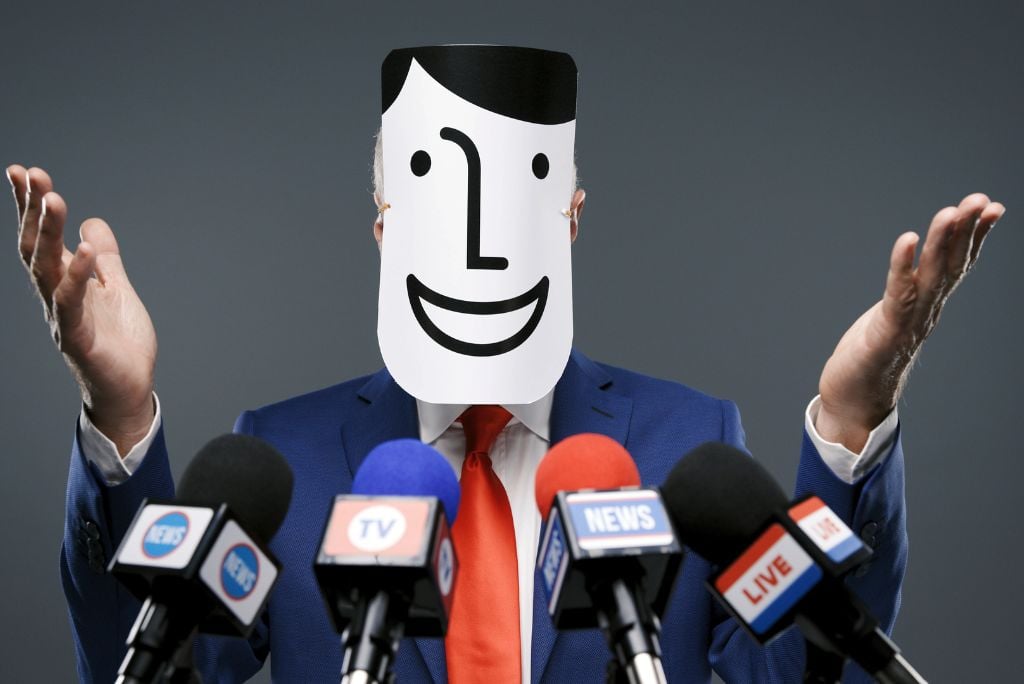In the discourse surrounding language and its influence on society, Noam Chomsky raises fundamental concerns about how language serves as a mechanism for population control through manipulation. He posits that language is not merely a tool for communication; rather, it plays a pivotal role in shaping perceptions and behaviors, especially within the political landscape. By using emotionally charged or vague terminology, political leaders can successfully steer public opinion, manipulate truths, and legitimize decisions that are often contentious. This manipulation underscores the need for individuals to cultivate a critical awareness of the language employed in political rhetoric, enabling them to discern underlying meanings and form independent judgments about the realities being presented to them.
Central to Chomsky’s analysis is the concept of “empty signifiers,” a term shaped by political and philosophical theories, notably those of Ernesto Laclau. Empty signifiers are words or symbols that, while they appear to hold fixed meanings, are inherently ambiguous and can be interpreted in various ways depending on the context. Terms like “democracy,” “freedom,” and “justice” frequently serve as empty signifiers, allowing disparate groups to unite under broad, often vague principles without the necessity of sharing a clearly defined agenda. For instance, the term “change” can resonate differently across various demographics, fostering a sense of collective action while simultaneously obscuring specific objectives. This feature of empty signifiers makes them both powerful tools for mobilizing support and potential instruments for manipulation.
From a literary perspective, empty signifiers remain potent, as they enable the articulation of diverse demands while lacking clarity. The works of influential theorists—such as Laclau, Jacques Lacan, Chantal Mouffe, and Slavoj Žižek—explore the significance of empty signifiers in shaping political identities and narratives. Laclau, for instance, argues that these signifiers can unify disparate social grievances under general slogans like “the people” or “justice.” Lacan emphasizes the fluidity of meaning within language, while Mouffe discusses empty signifiers in the context of hegemony during contentious political scenarios. Žižek warns of the inherent risks associated with their exploitation. Collectively, these theorists highlight the vital role that empty signifiers play in constructing collective identities while cautioning against their misuse, which can lead to increased ambiguity in political discourse.
A critical examination of multilateral organizations—such as the United Nations (UN), the Organization of American States (OAS), and the European Union (EU)—reveals the pervasive impact of empty signifiers in their operations. Terms that represent universal values, like “democracy,” “human rights,” and “governability,” often carry diverse meanings depending on the political landscape of individual countries. For example, “democracy” can range from a simple electoral process to a more complex system that upholds the separation of powers and minority rights. This ambiguity facilitates consensus-building among governments, NGOs, and citizens with differing agendas but can also lead to skepticism when vague terms lead to ineffective or contradictory policies. Calls by organizations to “restore democracy” in nations like Venezuela often highlight the friction between different interpretations of what democracy entails.
In contexts dominated by authoritarian regimes, the use of empty signifiers can be particularly insidious. Such governments often deploy terms like “democracy” or “justice” to veil repressive actions, presenting a façade of legitimacy to both domestic and international audiences. By aligning themselves with universally accepted language devoid of specific meaning, authoritarian governments can effectively obscure actions that contradict fundamental human rights. For example, an authoritarian regime may express a commitment to “human rights” while concurrently suppressing dissenting voices. This dissonance creates confusion among the populace, making it increasingly difficult for citizens to challenge the government’s authority. Additionally, competing interpretations of empty signifiers can generate societal divisions, ultimately contributing to the perpetuation of authoritarian power structures.
The implications of empty signifiers extend to citizens with limited political knowledge who may find themselves perplexed by abstract terms such as “democracy” and “human rights.” When these concepts lack tangible meaning or relevance, they risk alienating the populace from meaningful political engagement. To address this, multilateral organizations must strive for clearer communication. This could include providing accessible explanations, connecting abstract principles to pressing everyday issues, fostering inclusive dialogues, and prioritizing political education to illustrate the practical relevance of political concepts. If empty signifiers remain untransformed into actionable insights, there exists a significant risk of eroding public trust in institutions tasked with humanitarian and governance responsibilities. As Chomsky aptly articulates, the power to control language inherently equates to the ability to control narratives—consequently establishing the foundation upon which societal realities are constructed. Thus, it becomes essential to translate abstract language into concrete actions that resonate with citizens, fostering trust and encouraging participation in civic matters.

